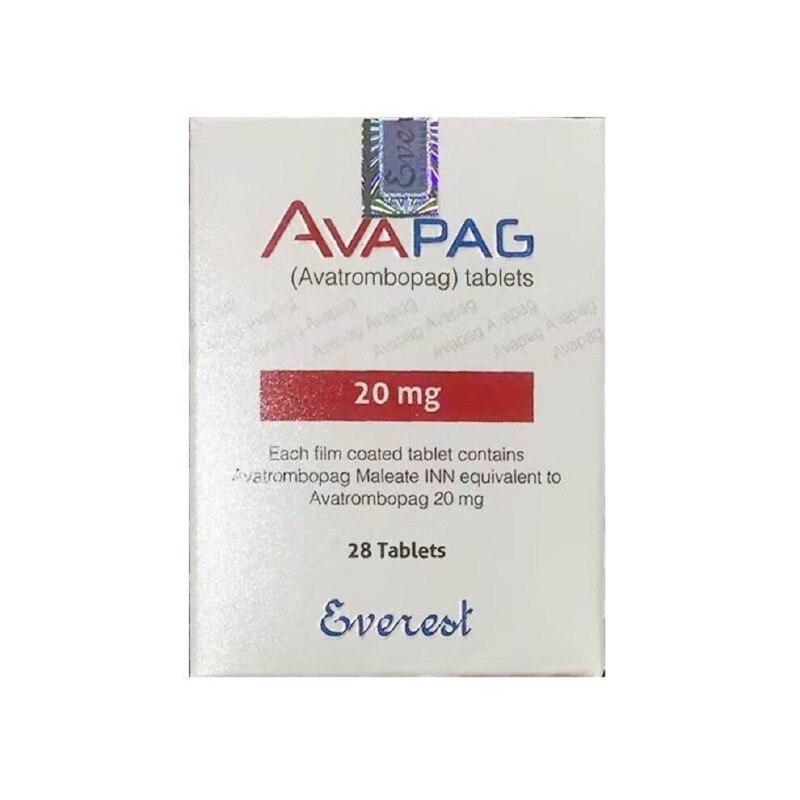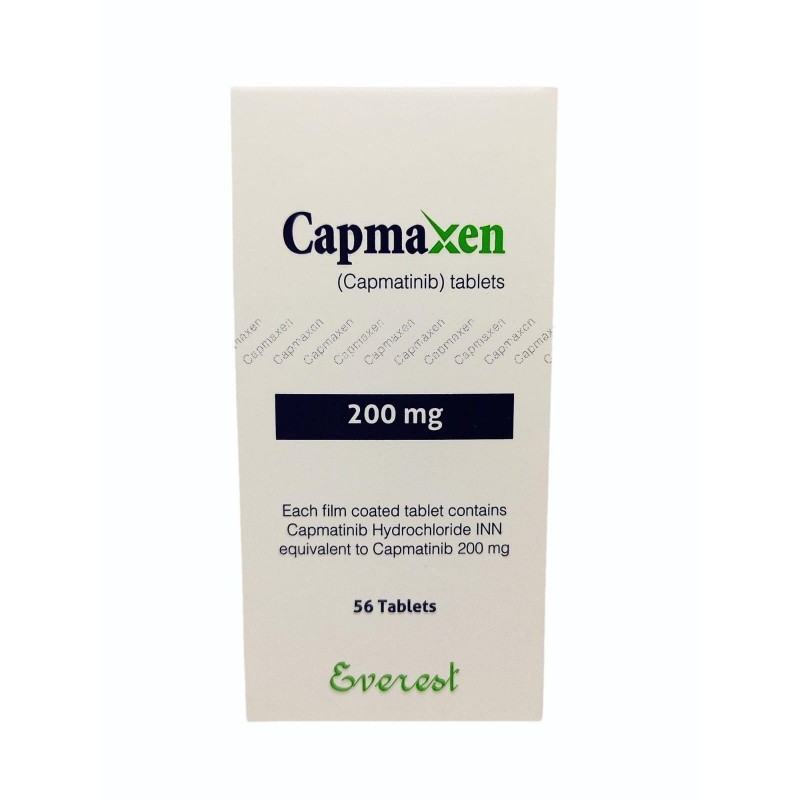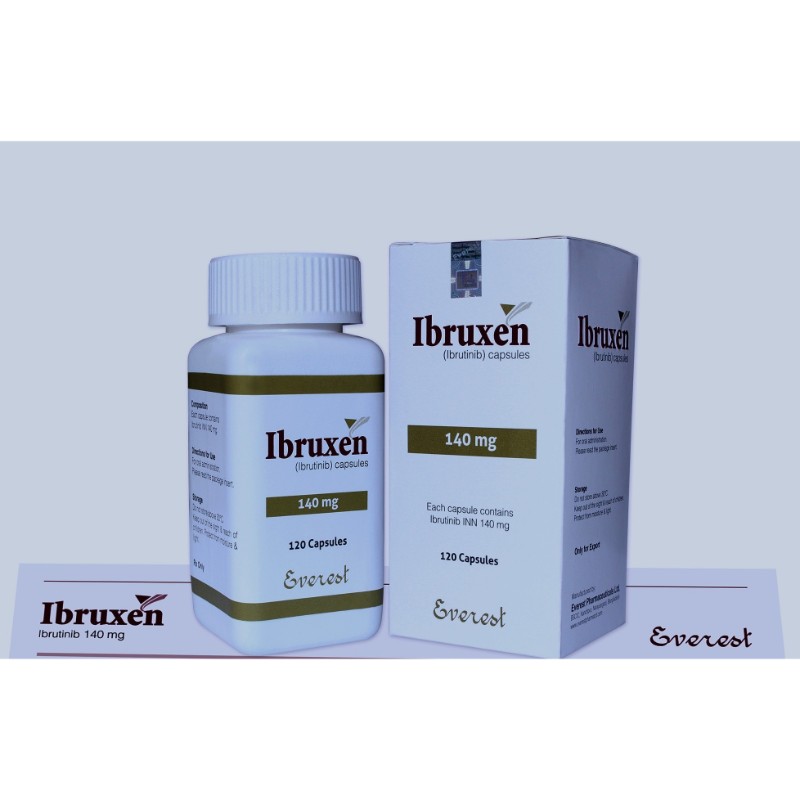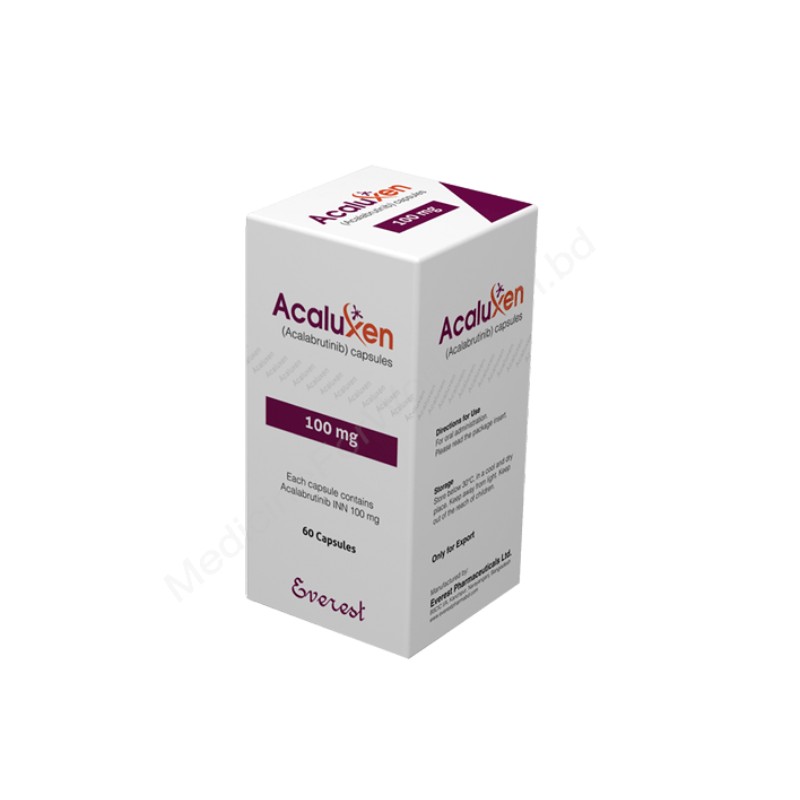Description
What is Eltrombopag? Uses, Dosage, and Side Effects
Eltrombopag is an oral medication used to treat low blood platelet counts in certain medical conditions. It belongs to a class of drugs known as thrombopoietin receptor agonists, which work by stimulating the bone marrow to produce more platelets. This medication is commonly prescribed for patients with chronic immune thrombocytopenia (ITP), hepatitis C-associated thrombocytopenia, and severe aplastic anemia.
Key Uses of Eltrombopag
Eltrombopag is approved for the treatment of:
-
Chronic Immune Thrombocytopenia (ITP): Especially for adults and children who do not respond to other treatments like corticosteroids or splenectomy.
-
Thrombocytopenia in Hepatitis C: Helps patients maintain platelet levels while receiving interferon-based therapy.
-
Severe Aplastic Anemia: In combination with other treatments when standard therapies fail.
How Eltrombopag Works
Eltrombopag activates the thrombopoietin (TPO) receptor in the bone marrow, promoting the production of platelets. Unlike traditional blood transfusions, Eltrombopag works at the root level to address platelet production, offering a more sustained benefit for eligible patients.
Dosage Information
The dosage of Eltrombopag varies depending on the condition being treated and the patient’s individual response. Typical starting doses include:
-
ITP: 50 mg once daily for adults (25 mg for certain ethnic groups or liver impairment).
-
Hepatitis C: 25 mg once daily, adjusted based on response.
-
Aplastic Anemia: Often starts at 50 mg per day, with gradual adjustments.
Always follow your healthcare provider’s dosage instructions.
Common Side Effects
Like any medication, Eltrombopag may cause side effects. The most commonly reported include:
-
Nausea or vomiting
-
Headache
-
Fatigue
-
Diarrhea
-
Liver enzyme abnormalities
Serious side effects can include blood clots, liver toxicity, or cataracts, so regular monitoring is essential.
Important Precautions
-
Food Interactions: Avoid taking Eltrombopag with dairy products or supplements high in calcium, magnesium, or iron, as these can reduce absorption.
-
Liver Monitoring: Regular liver function tests are recommended.
-
Eye Exams: Periodic eye checkups are advised due to the risk of cataracts.






Reviews
There are no reviews yet.